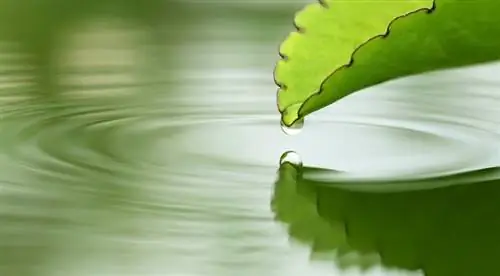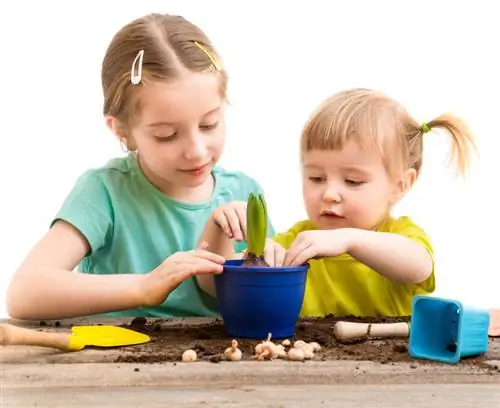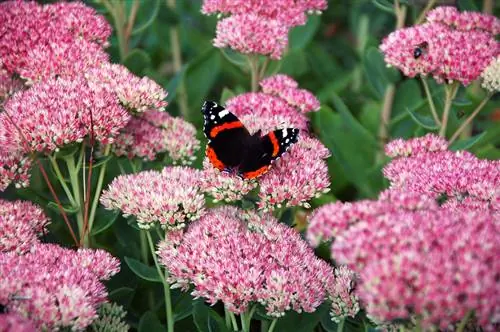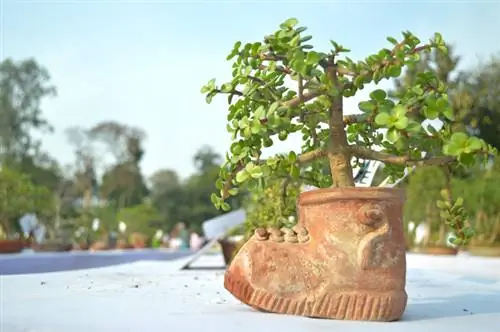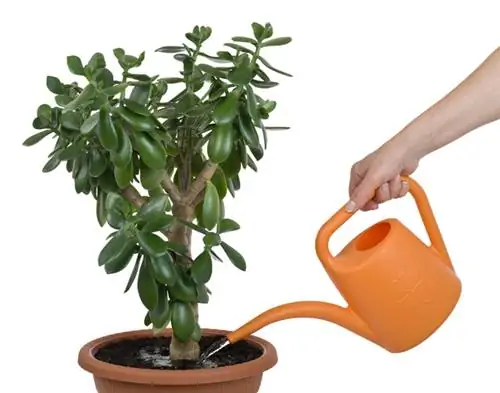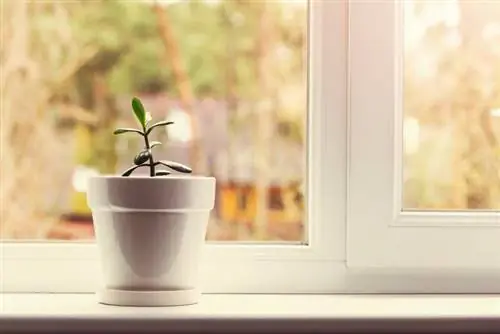- Author admin leonars@hobbygardeners.com.
- Public 2023-12-16 16:46.
- Last modified 2025-01-23 11:20.
Since the thick-leaved plants (Latin Crassulaceae) represent a large family of plants, they are sometimes very different in their appearance, as well as in their use and their ingredients. Some of these thick-leaf plants even have healing properties.
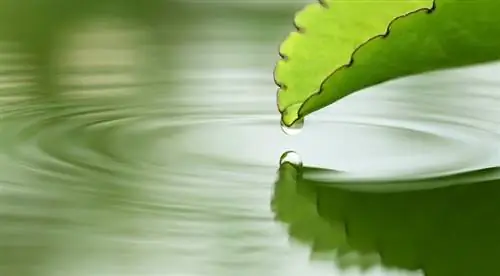
Are thick-leaf plants poisonous?
Thickleaf plants are generally non-poisonous to slightly poisonous. They contain flavonols, tannins, saponins and alkaloids in different concentrations. Some species, such as the brood leaf, even have medicinal effects and are used in homeopathy.
No type of thick-leaf plant is highly poisonous, although some are considered mildly poisonous. The ingredients include flavonols, tannins, saponins and alkaloids. However, these substances are contained in different compositions and concentrations in different species.
Which types of thick-leaf plants have a medicinal effect?
The brood leaf is particularly known for its healing effects. In its native Madagascar it is used to combat various ailments. It has also found a permanent place in modern homeopathy.
Interesting facts about the thick sheet:
- easy care
- warmth-loving
- needs a lot of light
- non-toxic to slightly toxic depending on the species
- partially medically effective
Tip
The thick leaf is considered non-poisonous to slightly poisonous.

